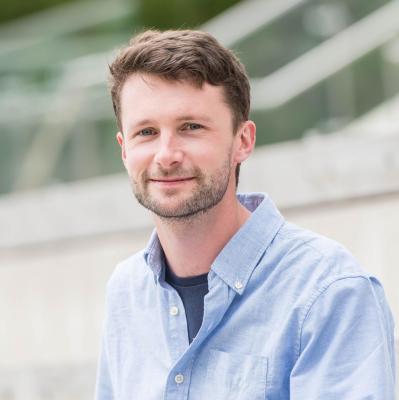
Research topic
Research Description
High grade serous ovarian cancer is the hardest to treat, with around 2800 cases in Canada each year. Despite its severity, little is known about the mutations to each tumour’s DNA that allows it to spread and ultimately lead to mortality. These tumours can be treated with chemotherapeutic drugs but over time they become resistant to treatment. Discovering the molecular features that allow tumours to evade chemotherapy and what is unique about the subset of patients in which this happens would allow us to design novel therapies to prevent this. In the last two years the technology has sufficiently advanced to measure both DNA mutations and RNA expression (a proxy for each cell’s behaviour) in individual tumour cells. However, this wealth of data will be impossible to interpret without modern statistical frameworks that scale to large data sizes. We plan to create methods that allow us to reconstruct the “tree of life” for each tumour sample--allowing us to work out which cells mutated from others and in doing so tracking the sequences of mutations that confer resistance to chemotherapy. We will extend this methodology to understand mutations over time as cells are perturbed by the applications of various drugs and to work out the relative contributions of the cells’ innate resistance (mutations) and adaptive resistance (by changing their gene expression behaviour) to chemotherapy resistance. This research has strong potential to impact clinical care as it will lead to new understandings of why certain patients don’t respond to chemotherapy and could culminate in new treatment methods to suppress chemotherapy resistance.
Why did you decide to pursue a postdoctoral fellowship at UBC? Did you consider other opportunities?
The setup in Vancouver is ideal for this type of research providing a synergy between statistical methodology development and applications to cancer data--the BC Cancer Agency has numerous experiments that continually produce exciting data to analyze, while at UBC the Department of Statistics and Data Science Institute provide a good environment for novel methods development.
What advice do you have for new postdoctoral fellows?
As a fairly new postdoc myself this should be taken with a pinch of salt--find a research group that will support you to develop and take ownership of your own projects as this is important for both career development and self satisfaction!
What do you like to do for fun?
I enjoy running and playing squash when joints allow, as well as travelling and reading.
What is the most enjoyable aspect of your postdoctoral fellowship?
Though a lot of our work is statistical modelling that can feel abstracted from the real world, we do discover new science through it, such as a gene being implicated in a particular cancer or discovering a new cell type. To be the first person ever to find such a thing is a pretty cool feeling.
What in your life or career has prepared you for this position?
Supervision during my PhD from Chris Yau really pushed me to do better. On my first month he asked me to submit some work to a conference. When I pointed out that we hadn't actually done any of it yet, he just said that by the time the conference came around I would have. That sort of encouragement is very important.
What does receiving this award mean for your career?
The Banting Postdoctoral Fellowship is a very prestigious award that will be a good first step in starting independent research. It will also allow me to focus on a very important research problem for two years.